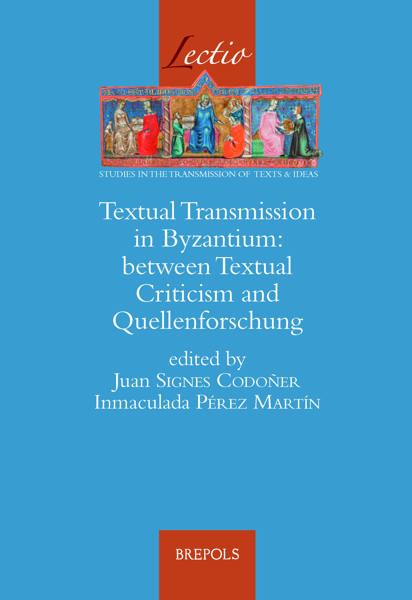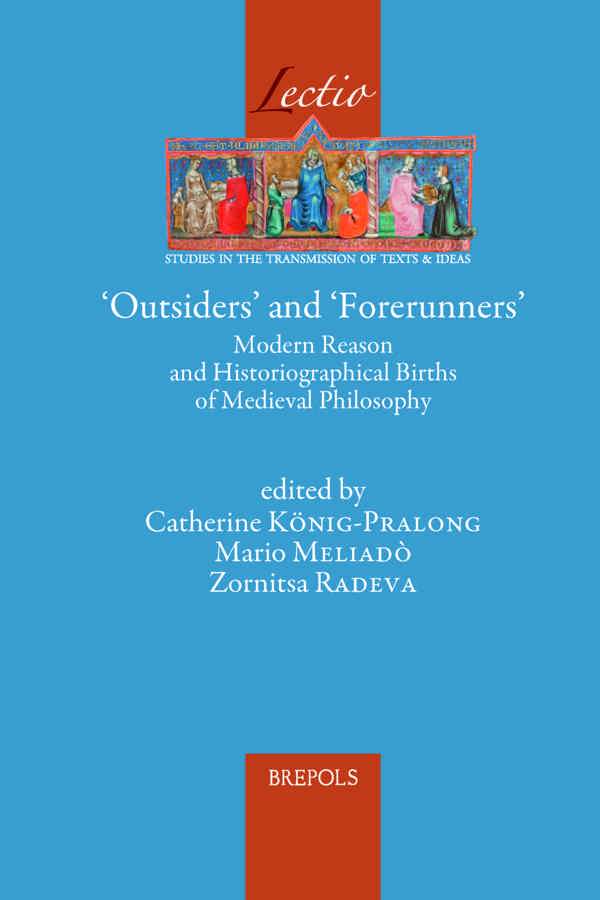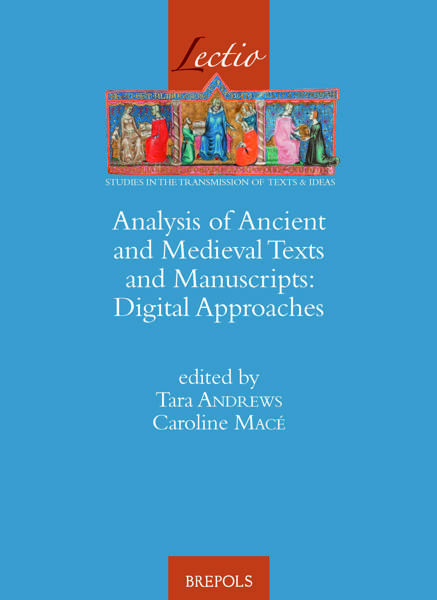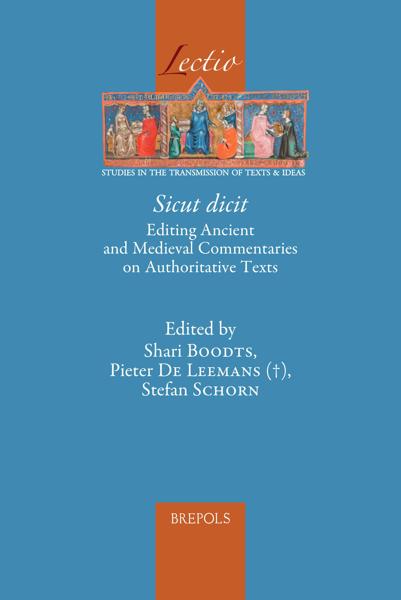
Outsiders and Forerunners
Modern Reason and Historiographical Births of Medieval Philosophy
Catherine König-Pralong, Mario Meliadò, Zornitsa Radeva (eds)
- Pages: 433 p.
- Size:156 x 234 mm
- Language(s):English, French, German
- Publication Year:2018
- € 115,00 EXCL. VAT RETAIL PRICE
- ISBN: 978-2-503-57912-2
- Hardback
- Available
- € 115,00 EXCL. VAT RETAIL PRICE
- ISBN: 978-2-503-57913-9
- E-book
- Available
The contributions gathered in this volume each deal with the creative reception of a particular medieval philosopher in modern history of philosophy from the 17th century onward. These ‘medieval’ thinkers belong to four historical worlds: the (Jewish-)Arabic world (al-Fārābī, Avicenna, Maimonides), Latin scholasticism (Roger Bacon, Henry of Ghent, William of Ockham, Marsilius of Padua), medieval lay philosophy (Ramon Lull, Petrarch), and Humanism in a broader sense (Nicholas of Cusa, Petrus Ramus, Andrea Cesalpino).
“Insgesamt überzeugt der Band in jeder Hinsicht (…) Für eine noch ausstehende Wissensgeschichte der Mediävistik liefert dieser Band einen essenziellen Baustein.” (Marcel Bubert, in Historische Zeitschrift, Band 310/3, 2020, p. 704)
Catherine König-Pralong, Mario Meliadò and Zornitsa Radeva are members of the MEMOPHI (Medieval Philosophy in Modern History of Philosophy) research group, a project funded by the European Research Council (ERC-2013-CoG 615045), directed by Catherine König-Pralong and located at the University of Freiburg (Germany).
This book focuses on the emergence and development of philosophical historiography as a university discipline in the 18th and 19th centuries. During that period historians of philosophy evaluated medieval philosophical theories through the lenses of modern leitmotifs and assigned to medieval thinkers positions within an imaginary map of cultural identities based on the juxtaposition of ‘self’ and ‘other’. Some medieval philosophers were regarded as ‘forerunners’ who had constructively paved the way for modern rationality; whereas others, viewed as ‘outsiders’, had contributed to the same effect by way of their struggle against established forms of philosophy. The contributions gathered in this volume each deal with the creative reception of a particular figure in modern history of philosophy. From the 9th century, with al-Fārābī, to the 16th century, these philosophers belong to four historical worlds which have been characterized by European cultural history or have defined themselves as such: the (Jewish-)Arabic world (al-Fārābī, Avicenna, Maimonides), Latin scholasticism (Roger Bacon, Henry of Ghent, William of Ockham, Marsilius of Padua), medieval lay philosophy (Ramon Lull, Petrarch), and Humanism in a broader sense (Nicholas of Cusa, Petrus Ramus, Andrea Cesalpino).
Introduction. Individuals in the History of Philosophy (Catherine König-Pralong)
‘près du berceau d’une religion fanatique’: al-Fārābī in Modern Historiography (Nadja Germann)
‘L’Hippocrate, l’Aristote des Arabes et l’homme le plus extraordinaire […] que cette nation ait produit’ : Autour de l’historiographie avicennienne (Olga L. Lizzini)
Précurseur et outsider. Le ‘retour’ de Maïmonide dans l’historiographie philosophique et en philosophie aux XIXe et XXe siècles (Chiara Adorisio)
Per lumen sapientiae: Roger Bacon and the Struggle for a Hegemonic Rationality (Amanda Power)
Le Docteur Solennel. François Huet und die französischsprachige Neuentdeckung des Heinrich von Gent im 19. Jahrhundert (Silvia Negri)
La réception de Raymond Lulle aux XVIIIe et XIXe siècles (Josep E. Rubio)
Sind wir unterwegs zum historischen Ockham? Kritische Überlegungen zur Ockham-Rezeption im 20. Jahrhundert (Ruedi Imbach)
Du Catalogue des Hérétiques à l’histoire de la philosophie médiévale. La ‘longue marche’ de Marsile de Padoue (Gregorio Piaia)
Dedans et dehors. Pétrarque entre littérature et philosophie (XVIIIe-XIXe siècles) (Étienne Anheim)
The Cusanian School: Charles de Bovelles, Giordano Bruno and the Fortune of a Modern Historiographical Narrative (Mario Meliadò)
La fortune historiographique de Pierre Ramus chez quelques représentants de l’historiographie éclectique allemande des XVIIe et XVIIIe siècles (Marie-Dominique Couzinet)
Andrea Cesalpino: genuinus Peripateticus, Spinozista ante Spinozam. Die Geburt einer Figur mit Doppelidentität in Pierre Bayles Dictionnaire historique et critique (Zornitsa Radeva)




